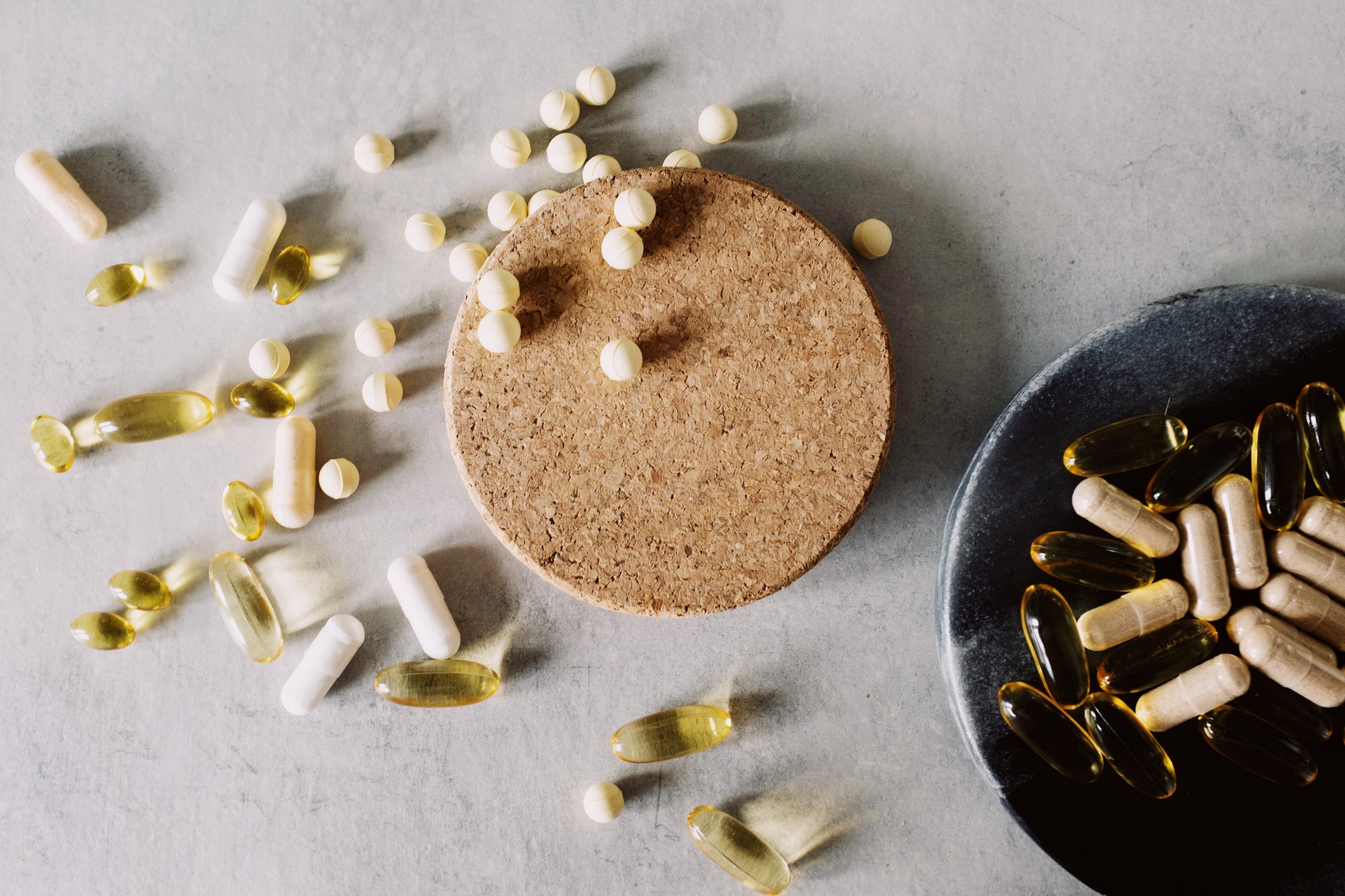When most people think of Tesla, they don’t think of vitamin supplements. Not for Matt ____, CEO and Founder of BIOLabs Pro. For him, the innovative electric car company changing the world is the direction the supplement industry is heading. Or at least they should be.
When Matt first started driving a Tesla, he asked himself why anyone would continue to drive a gas-powered car? The same can be said about taking the same old vitamin or hormone supplement at the exact prescribed amount, like everyone else.
“You have a pantry full of supplements with the same suggested serving size for everyone,” he says. “My wife is half my size, half my weight. She’s female and younger than me. So, how can we have the same suggested serving size for everyone?”
And he has a point.
Supplements have become a routine part of most people's lifestyles ever since the Dietary Supplement Health and Education Act (DSHEA) became law in 1984. (1) Yet, not much has changed. You buy a supplement, look at the serving size, and take it. Hope for the best.
Yet, like Apple’s Think Different ad, masterminded by Steve Jobs, we need to look at why the supplement industry needs to change. (2)
Move away from the one-sized all approach
There's this idea about our health that we are all the same. When we raise kids, we understand each one is different and has different needs, yet we don't have this same view about our health. (3) Matt stresses we need to move away from a cookie-cutter approach to supplementation health.
Fresh out of college, Matt was recruited by IBM and learned to value data. Twenty years later, as a technologist and supplement expert, he sees that prescribing the same amount of each supplement to each person may not be the best solution. "Where's the data to back this up? Please take a little bit of this, a little bit of that, and hope it works. Some doctors may not even know."
Our bodies deserve to be looked at as unique biology, made up of our specific needs and health concerns. If we are solely one in a long production line of people wrapped in the same prescription, the supplement industry will never change. Everyone will continue the same health regiment, and for some, this will work, and others will become lost in the sameness. Our differences will never stand out, nor will our changing needs be taken into consideration.

State of the art personalized supplementation
Some supplements, like DHEA, progesterone, and estrogen, have already moved somewhat from the one-size-fits-all approach. However, not entirely. Based on your doctor's recommendations, you can have a prescription filled for you at compound pharmacies.
Compound pharmacies help people with special needs. For example, if you're allergic to one ingredient in conventional medication, a compound pharmacy can remove it. Or perhaps, you need a smaller dose than customarily prescribed. (4)
But compound pharmacies aren't approved by the Food and Drug Administration (FDA), and without this approval comes stigma. Also, there are limitations. Changing the serving size or removing an ingredient is helpful; it's not the complete picture.
State-of-the-art supplementation would be a personalized supplementation, developed only for you. (5) Personalized supplements would look at the following in a much deeper way, including:
- Your unique biology and DNA
- Your biochemistry (chemical processes within your body)
- External factors (age, weight, gender, and health history)
Matt believes that your saliva and blood results would play an integral role as part of the in-depth, personalized medicine. In your doctor's office or in the privacy of your own home, your results would come back in minutes and give your suggestions based on data at that exact moment. The tailored therapeutic approach has the potential to revolutionize the supplementation industry.
Choose high-performance supplements
Most supplements come in capsule or tablet form. Yet this may not be the best way for your body to utilize and distribute the vitamin or hormone supplements. PROformance creams or lotions are more comfortable to take than oral pills. Topical ointments can be five times more effective and easier for your body to handle.
In a study looking at transdermal (through the skin) delivery of vitamin D, researchers concluded that topical lotions and creams could be delivered safely and effectively. Also, the transdermal delivery helped mitigate problems associated with taking a pill, such as non-compliance (not taking the right amount). (6)
All the PROformance Creams by BIOLabs Pro, come in topical lotions that are all-natural and made in the U.S. Some, like the BIOLabs PRO All Natural Bioidentical Estro Bi-EST 2.5, come infused with essential oils and maximum strength. When you choose high-performance supplements, in the best delivery method, you're selecting an outstanding supplement. And this brings you one step closer to personalized medicine.
Spread the word
Changing an entire industry doesn't happen overnight. It can be years before real change can take effect. But with your support by spreading the word to move away from "everyone's the same" approach to vitamin supplements, the difference can come sooner. Personalized medicine is the future.
“We are not there yet,” says Matt. But neither was Tesla a few years ago. Now, the electric car goes faster than any other production car in the world. The technology is light years ahead. It can be hard to "Think Different," as most significant thinkers in the past have discovered. But when it comes to why the supplement industry needs to change— the answers are clear.
- https://ods.od.nih.gov/About/DSHEA_Wording.aspx
- https://www.computerworld.com/article/2936344/the-untold-story-behind-apple-s-think-different-campaign.html
- https://www.businessinsider.com/not-all-kids-are-born-the-same-and-understanding-their-personality-may-be-crucial-to-good-parenting-2017-8
- https://www.fda.gov/drugs/human-drug-compounding/compounding-and-fda-questions-and-answers
- https://www.ncbi.nlm.nih.gov/pmc/articles/PMC2957753/



